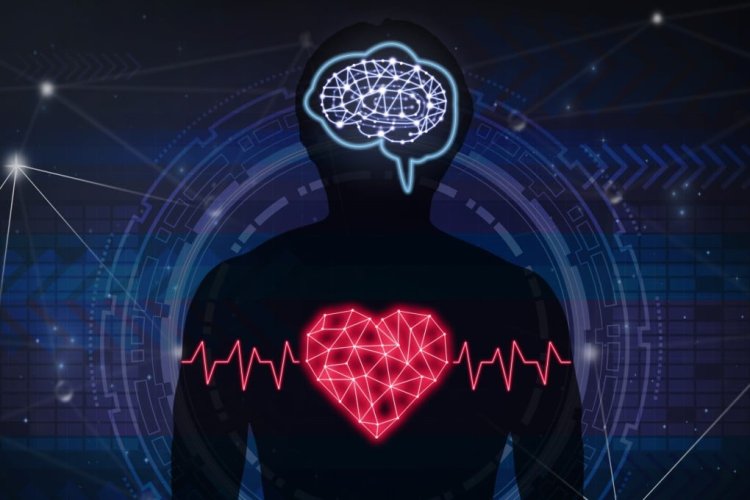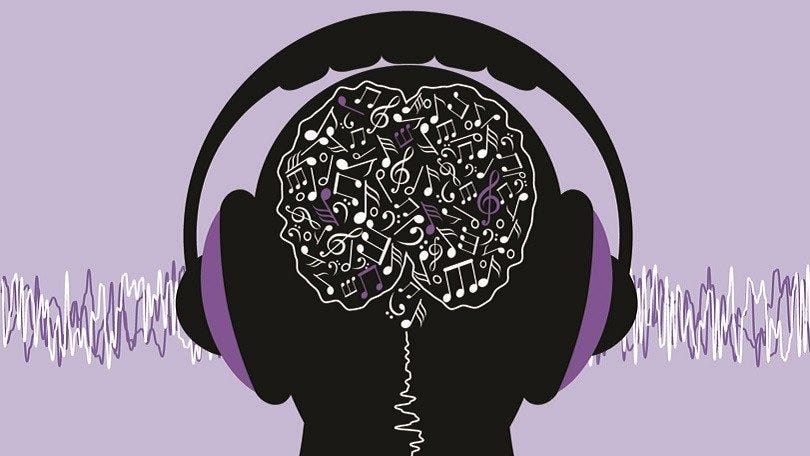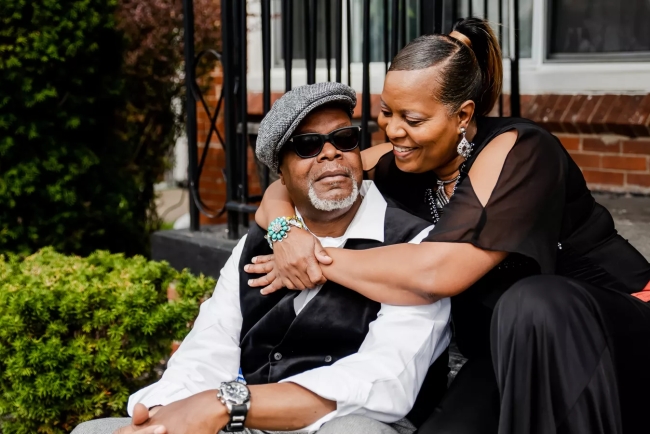Why Music Is Good for the Brain: The Surprising Science Behind the Soundtrack of Your Life
You probably don’t need a neuroscientist to tell you that music makes you feel something. A certain melody can make your heart swell. A bassline can drag you out of a funk. A childhood lullaby can bring tears to your eyes faster than any photograph ever could. But beyond the emotional punch, science is beginning to catch up with what musicians, dancers, and lifelong listeners have always known deep in their bones: music is good for the brain.

In fact, music may be one of the most powerful and underutilized tools for improving mental health, memory, learning, and even happiness especially as we age.
Let us examine the findings and, more crucially, how they affect your day-to-day existence.
The AARP Study That Started a ConversationMore than 3,000 American people recently participated in an AARP poll to share their thoughts on music and brain health. Furthermore, even though polls are not the same as clinical trials or brain scans, the following trends were intriguing:
Active music listeners reported reduced rates of anxiety and depression as well as improved mental health.
Compared to just 52% of those who never go to live music events, 69% of those who do so said their brain health is "great" or "very good."
Adults who grew up listening to music were much more likely to say they had a strong aptitude for learning new things.
Even people who did not listen to music as children but now routinely do so performed better on tests of happiness and cognitive ability.
Although these figures present a convincing image, the tale is not just about the numbers.
The Whole Brain Is Enlivened by Music

You would see a magnificent fireworks display if you could take a look inside your head while your favorite song is playing. Music illuminates almost every part of the brain, not just a select few.
Let us dissect it:
The sound is processed by the auditory cortex.
When you are moved by music, your limbic system, which controls emotion, becomes active.The hippocampus links melodies to memory.
The motor cortex gets activated too which explains why your foot taps before you even realize you’re grooving.
Music, in short, is a full-body neurological experience.
The best part is that music improves the connections between different parts of the brain since it stimulates multiple brain regions simultaneously. This may eventually result in enhanced focus, memory, emotional control, and a more resilient brain, particularly as we age.
Use It or Lose It: The Significance of Brain Engagement
The brain is both mercilessly efficient and miraculous. If you don’t use a certain neural pathway, your brain will eventually reroute that real estate for something else. It’s the neurological equivalent of a storage unit being cleared out for more pressing tenants.
That’s why it’s harder to speak a language you haven’t used in 20 years your brain has partially “repurposed” those pathways.
Music offers a solution. By activating multiple networks simultaneously and often repeatedly it preserves and strengthens them. It’s like giving your brain a yoga class, a crossword puzzle, and a therapy session all in one.
What Specific Brain Benefits Does Music Offer?

The advantages are more extensive than you might imagine, so let us examine the why in more detail:
The ability of Alzheimer's patients to remember songs from their early years even when other memories deteriorate is no coincidence.
Boosts mood: By triggering dopamine, the brain's "feel-good" chemical, music aids in the regulation of emotions.
Enhances learning: Music promotes language development, concentration, and pattern recognition, especially when it is introduced early.
Encourages social interaction: Human bonding and singing, dancing, and playing music with others activate the same parts of the brain, and a sense of community is associated with lifespan and wellbeing.
Promotes movement: There is an unbreakable bond between music and movement. Even passive listening can calm the nervous system or increase vitality.
Briefly? Music supports memory, mood, and movement, much like a neural multivitamin.Don’t Just Listen Engage
The AARP survey found that the strongest benefits came from active engagement: attending concerts, learning an instrument, singing, or dancing. But don’t worry if you’re not musically gifted or classically trained.
Even background music while you cook, clean, or commute has been shown to offer benefits.
Want to take it further?
Make a playlist for each mood: energized, calm, nostalgic, hopeful.
Join a virtual choir or local drum circle.
Revisit the music of your childhood you’ll be amazed at the memories it unlocks.
Try dancing, even in your living room. (Your dog won’t judge.)
And if you're looking for a double dose of brain benefit? Combine music + movement + social interaction say, a Zumba class, a swing dance night, or even karaoke with friends. That’s when the magic really happens.
A Note on Skepticism and Why Nuance Matters

It was a relatively small online survey, self-reported, and didn’t use objective medical measures. Correlation doesn’t equal causation, and it’s entirely possible that people who engage with music also have other lifestyle factors contributing to their well-being.
And even if it’s not a miracle cure, it’s certainly not doing any harm.
So why not make it part of your daily mental hygiene?
Final Thoughts: Music Is Medicine Just Press Play
At its core, music is something profoundly human. It predates language. It transcends culture. It helps us celebrate, grieve, move, rest, connect, and dream.
If there were a pill that could boost mood, preserve memory, enhance learning, and connect us to others with zero side effects it would be hailed as a medical breakthrough.
What's Your Reaction?




















